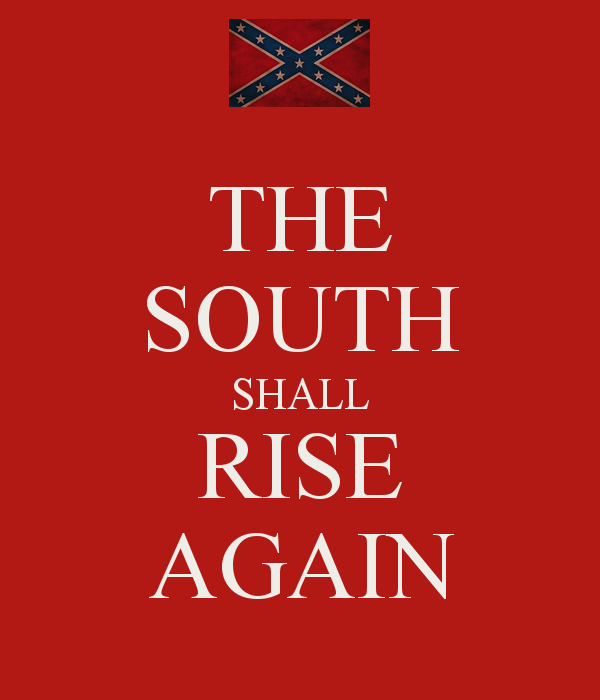The South Shall Rise Again- Did It Regain Its Pre-Civil War Prominence?
In 1865, the Civil War had ended and the North defeated the South and slavery was officially abolished. The hardcore Southerners were rumored to yell the words, “the South shall Rise Again” to anyone that wanted to listen.
Did the South rise again?
I believe it took just less than 100 years for the South to begin their rising action. In was in 1964 that the Civil Rights Act of 1964 was signed into law by President Lyndon Johnson. Now this didn’t come easy and certainly had many detractors attached to its defeat. First let’s look at what this act did:
It outlawed discrimination on the basis of race, color, sex, religion, or national origin. It forbade the unequal application of voter registration requirements, such as literacy tests, and it banned racial segregation in schools, workplaces, and places of public accommodation, such as hotels, theaters, and restaurants.
Tracing through the history of the bill we find that President Kennedy gave a speech on June 11, 1963 about this topic and then sent legislation to the House where it went to the Judiciary Committee. There is was strengthen by Emmanuel Celler , from Brooklyn, who was its chairman and they passed it on in November 1963.
Now it begins to get bogged down as the Rules Committee was led by Howard Smith from Virginia. He was a diehard segregationist and he allowed it to die there. It was November 22, 1963 that President Kennedy was assassinated and things changed. Johnson then told Congress that the best way to honor the late President was to pass a civil rights bill that he had fought to get passed.
It was there that Celler filed a discharge petition that required a majority of the House to sign it and that was a hefty task. After the Christmas recess, it was noted that the North favored this bill and it passed out of the Rules Committee.
Now a bill is expected to go to the senate Judiciary Committee but Senate Majority leader pull a fast one and the bill went directly to the floor. It was still a longshot at this time. The Southern senators launched a filibuster and it last for 57 days. Then a weaker bill was introduced and it received the votes for cloture and the filibuster ended.
The bill passed the Senate 73 to 27 and it became the law of the land.
It is at this point that the South began to see a resurgence in political power that it hadn’t seen since the days before the close of the Civil War. The southern economy was to see a marked effect. With the South being largely agricultural before the Civil war and after, it saw a marked increase in major factories and tech center that took advantage of the mild, short winters. The South also had low-cost non-union jobs and low taxes.
This in turn produced greatly increased the South’s political power. In 1964, the 11 states of the old Confederacy had only 128 electoral votes among them. Today they have 160, a 25 percent increase, and the trend will likely continue.
Unlike so many major pieces of legislation, the Civil Rights Act of 1964 had almost all positive effects and made this a much better country, one that more closely lived up to its ideals. Even its unintended consequences were positive. Not the least of those was that it allowed the South to rise again.
The opinions in this blog are those of Tom Knuppel.





